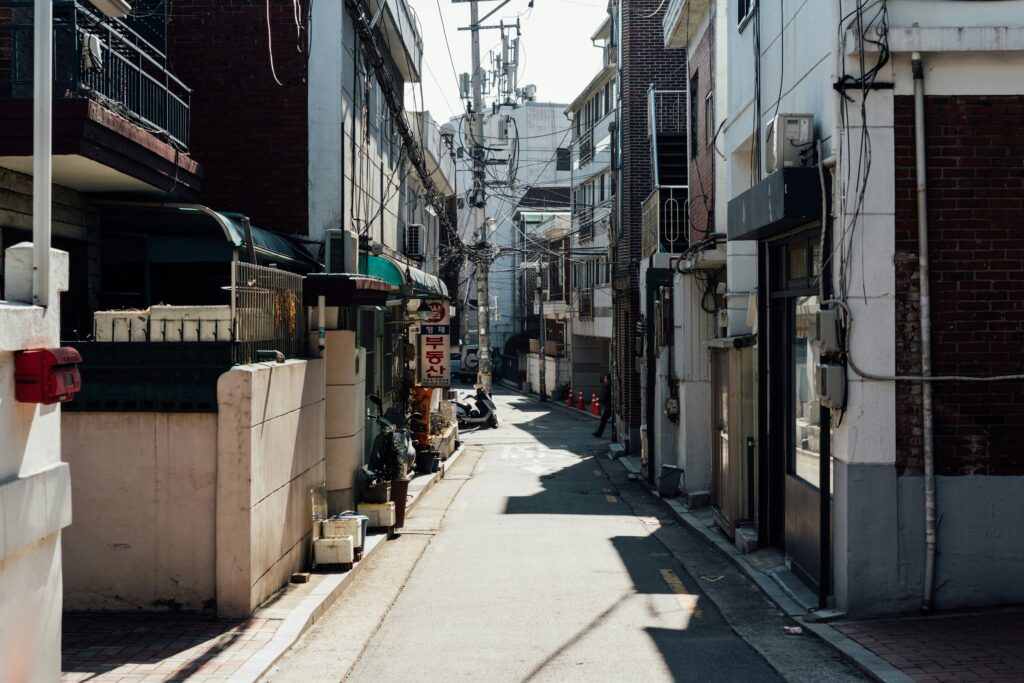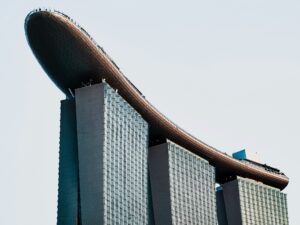In the dynamic panorama of global real estate, Korea emerges as a transformative force, unveiling a treasure trove of investment vistas. From opulent urban dwellings to thriving commercial centers and expansive rural landscapes, Korea’s real estate market offers an eclectic array of investment opportunities tailored to diverse investor preferences. Backed by progressive government policies aimed at igniting market vitality, Korea’s real estate sector beckons investors to explore its dynamic terrain, promising boundless potential and lucrative returns in an era of unprecedented growth and innovation.

Diverse Investment Avenues: Catering to Investor Preferences
Korea’s real estate market is a vibrant tapestry woven with diverse investment avenues, providing a plethora of opportunities for investors to explore and capitalize on. From residential properties to commercial spaces, industrial parks to hospitality ventures, the market offers a spectrum of options tailored to suit the preferences and objectives of a wide range of investors. This diversity not only enables investors to diversify their portfolios but also allows them to leverage emerging trends and market dynamics to maximize returns.
Residential Real Estate: A Foundation of Stability and Growth
One of the cornerstone investment avenues in Korea’s real estate market is residential properties, which serve as a foundation of stability and long-term growth. With a growing population, urbanization trends, and evolving lifestyle preferences, demand for residential units remains robust across various segments of the market. From high-rise condominiums in bustling urban centers to suburban townhouses and single-family homes, there’s a wide range of options available to cater to the diverse needs of homebuyers and investors alike.
Moreover, the rental market in Korea presents attractive opportunities for investors seeking stable cash flows and consistent returns. With a large proportion of the population opting to rent rather than own, rental properties offer investors the potential for steady rental income and capital appreciation over time. Additionally, government initiatives to support affordable housing and rental markets further bolster investor confidence and contribute to the overall resilience of the residential real estate sector.
Commercial and Retail Spaces: Thriving Hubs of Economic Activity
In addition to residential properties, commercial and retail spaces represent another lucrative investment avenue in Korea’s real estate market. With a vibrant economy and thriving business landscape, demand for office spaces, retail outlets, and commercial complexes remains strong, particularly in key urban centers such as Seoul, Busan, and Incheon. These spaces serve as hubs of economic activity, catering to the needs of businesses, retailers, and consumers alike.
Investors in commercial and retail properties benefit from stable rental income, long-term lease agreements, and the potential for capital appreciation as property values appreciate over time. Furthermore, with the rise of e-commerce and changing consumer preferences, there’s growing demand for innovative retail spaces and mixed-use developments that integrate retail, dining, entertainment, and leisure facilities. This presents an opportunity for investors to capitalize on evolving consumer trends and participate in the transformation of Korea’s retail landscape.
Industrial and Logistics Facilities: Supporting Economic Growth and Trade
Another area of opportunity in Korea’s real estate market is industrial and logistics facilities, which play a crucial role in supporting economic growth and facilitating trade. With Korea’s strategic location as a gateway to Northeast Asia and its robust manufacturing sector, demand for industrial spaces such as warehouses, distribution centers, and manufacturing plants remains strong. These facilities serve as vital nodes in the supply chain, enabling efficient transportation, storage, and distribution of goods both domestically and internationally.
Investors in industrial and logistics properties benefit from stable rental income, long-term lease agreements with reputable tenants, and the potential for capital appreciation as demand for logistics facilities continues to grow. Moreover, with the rise of e-commerce and the increasing importance of last-mile delivery, there’s growing demand for modern logistics facilities equipped with advanced technology and infrastructure. This presents an opportunity for investors to capitalize on the evolving needs of the logistics sector and participate in the growth of Korea’s industrial real estate market.
Government Support and Market Catalysts: Fostering Growth and Innovation
Central to the growth and resilience of Korea’s real estate market are proactive government policies and strategic initiatives aimed at fostering innovation, attracting investment, and driving sustainable growth. The government’s commitment to infrastructure development, urban renewal, and sustainable urban planning creates a conducive environment for real estate investment and development. Additionally, initiatives such as tax incentives for property investors, regulatory reforms to streamline approval processes, and financial support for affordable housing projects stimulate market activity and drive demand across various segments of the real estate market.
Furthermore, the government’s focus on fostering innovation and embracing technology plays a pivotal role in shaping the future of Korea’s real estate sector. Initiatives such as smart city development, digital transformation, and investment in emerging technologies such as artificial intelligence, blockchain, and the Internet of Things (IoT) position Korea as a leader in real estate innovation. This creates opportunities for investors to participate in the development of cutting-edge real estate projects that leverage technology to enhance efficiency, sustainability, and quality of life.
In light of Korea’s diverse investment avenues, supportive government policies, and commitment to innovation, the outlook for the nation’s real estate sector remains exceptionally promising. As investors continue to seek out opportunities for growth and diversification, Korea’s dynamic real estate market offers a compelling proposition for long-term investment and wealth creation. Whether investing in residential, commercial, industrial, or innovative real estate projects, Korea stands as a beacon of opportunity, offering investors a gateway to enduring returns and prosperity in the ever-evolving landscape of real estate investment.



